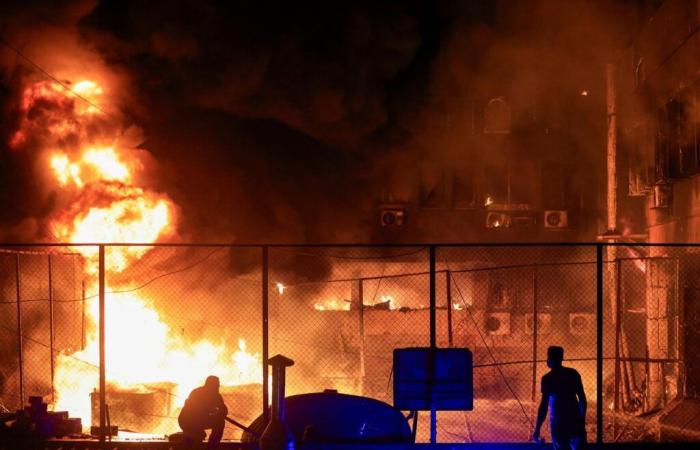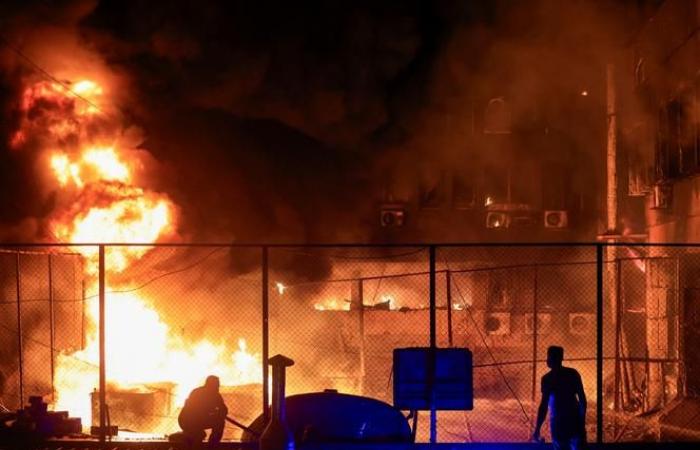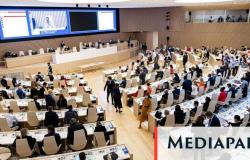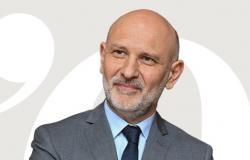In the span of just a few hours, on Sunday, November 17, Beirut was struck by two Israeli airstrikes, resulting in at least six casualties. These strikes, targeting Hezbollah officials, were the first in the Lebanese capital since October 10 and hit the heart of residential areas without prior warning. The Lebanese Shiite party confirmed the death of its media office head, Mohamed Afif.
Afif was targeted midday Sunday while in a building belonging to the Syrian party Baath, located in the residential neighborhood of Ras el-Nabaa. The bombing caused panic in this diverse neighborhood, home to both Sunni and Shiite inhabitants, near the Saint Joseph University campus and the French embassy. The Lebanese Health Ministry reported that the strike resulted in “four deaths, including a woman, and 14 injuries, including two children.”
“We are in a residential area here. This affects not only an individual but also the entire population. (…) The systematic scorched earth policy against civilians that we are experiencing is unacceptable,” condemned independent MP and former Beirut Bar Association president Melhem Khalaf, who was present at the scene. Khalaf criticized “the silence amounting to complicity among states and the international community.”
Read more Subscribers only The ‘visceral’ anguish of France’s Lebanese community
“It is no longer enough to merely repeat that this is a violation of international humanitarian law, an infringement of the entire body of international law, and to state how Israel is replacing international legitimacy with the law of the jungle,” Khalaf added, calling for the election of a president, a position vacant for 2 years, to “restore Lebanese sovereignty.”
Ceasefire proposal with Israel
Later in the evening, another Israeli strike hit a commercial street in the Mar Elias district, central Beirut. The strike, which targeted a car, an electronics store, and the apartment above, resulted in two fatalities and 22 injuries, according to the Health Ministry. Israeli radio reported the target was a senior Hezbollah military operations official in southern Lebanon. In response, the Lebanese Education Ministry announced the closure of schools in the capital and its surroundings on Monday and Tuesday.
Read more Subscribers only In Lebanon, the war plunges vulnerable migrants into terror
This latest escalation occurs amid Lebanese officials evaluating a ceasefire proposal with Israel put forward by the US. The American ambassador to Beirut, Lisa Johnson, presented a 13-point plan to interim Prime Minister Najib Mikati and Parliament Speaker Nabih Berri. The proposal includes a 60-day truce and the deployment of the Lebanese army in the south of the country, along the border with Israel.
You have 32.79% of this article left to read. The rest is for subscribers only.







